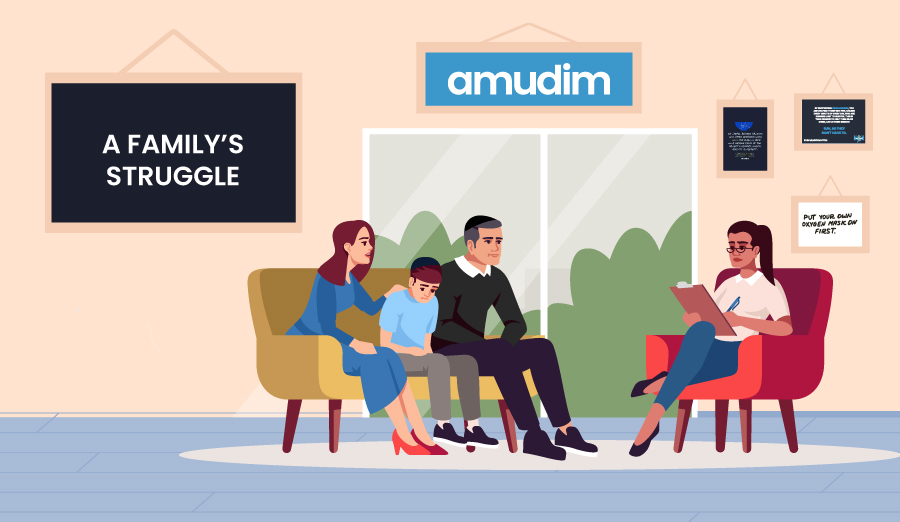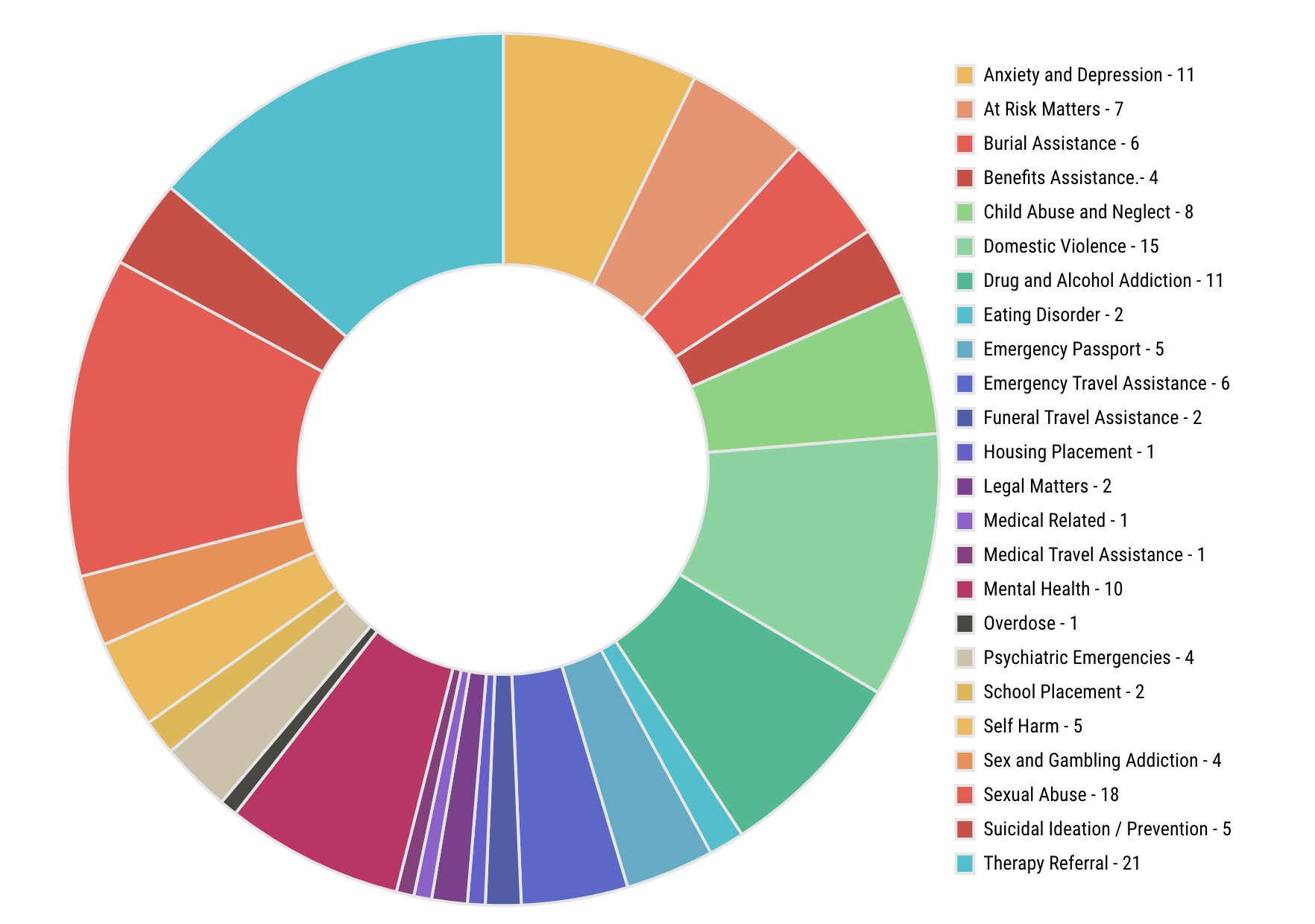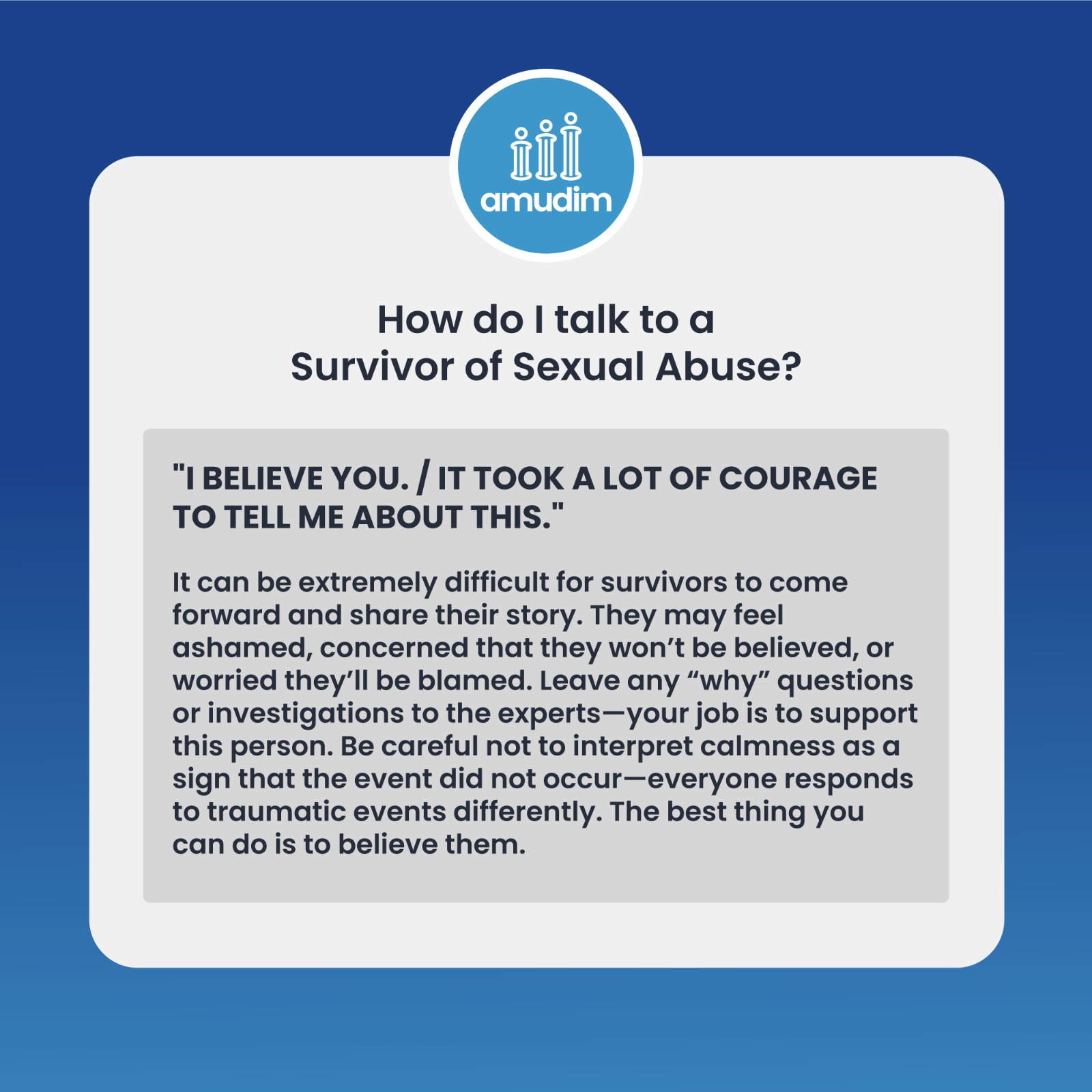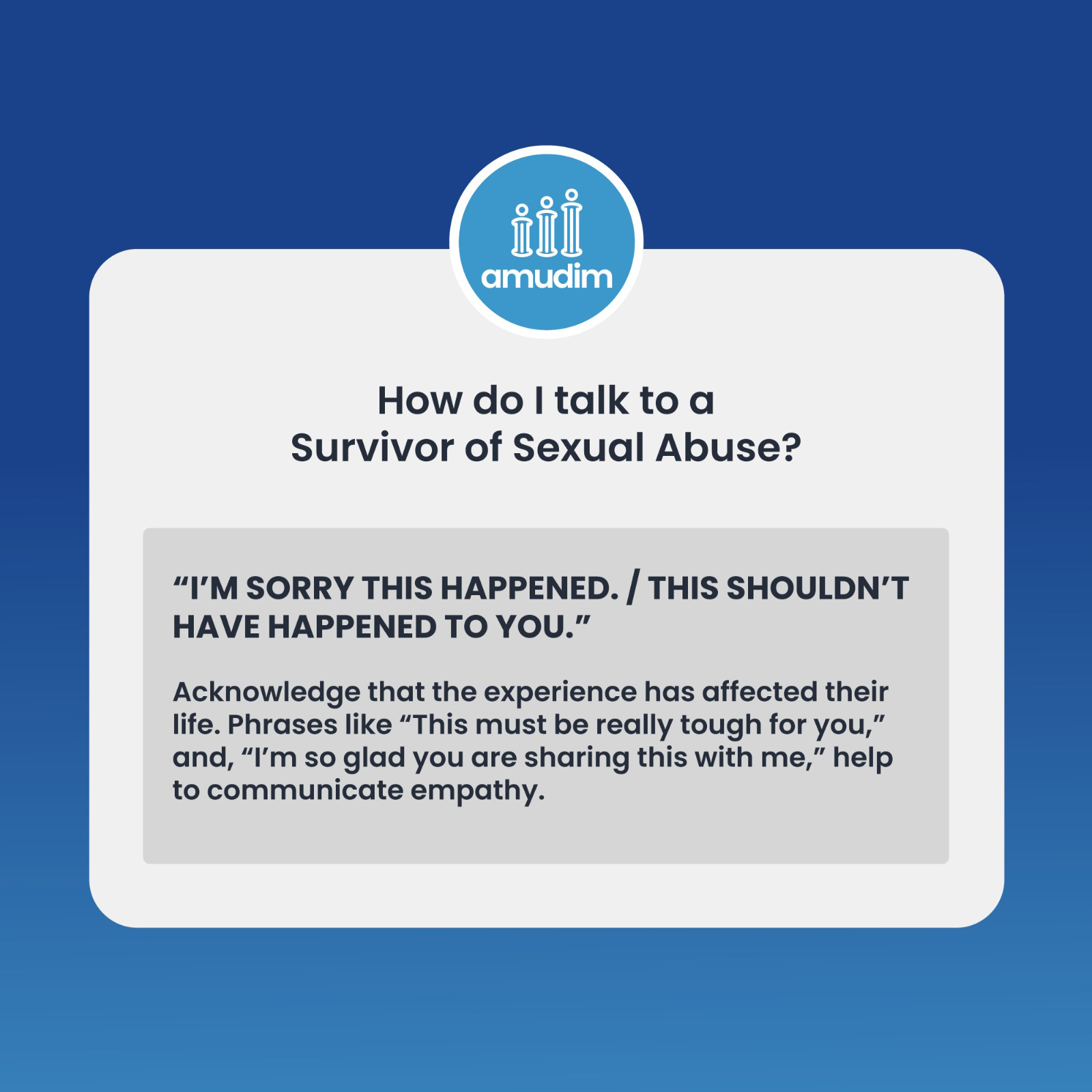
Most people know of the oxygen mask metaphor: the standard safety instructions on a flight that if there’s a decrease in cabin pressure, you must put your own mask on before you can help anyone with you. This sound advice transcends air travel; when an individual is facing challenges and unable or unready to accept help, his/her loved ones need to take care of their own health before they can even begin to assist someone in crisis.
Madeline* and her husband were struggling with their 29 year-old son, Akiva*, who has a diagnosis of bipolar disorder with periodic psychosis and was refusing to take his prescribed medication. Akiva was self medicating and would occasionally become violent; he was refusing to leave the house and his parents were at a complete loss of what to do to help him.
Madeline had never heard of Amudim, but a friend suggested that she call. Our case manager’s first priority was to provide support for Madeline, educate her about what was happening within her family dynamic, and guide her to the best possible treatment plan for her family. The case manager suggested a therapist with the right training to help Madeline with her own care as well as to help get Akiva the proper support he needed.
We are still in the middle of this family’s story. Madeline has reached a better understanding of how to communicate with her son; and while they are still struggling and Akiva is not fully agreeing to treatment, Madeline feels more calm and grounded and able to better handle the situation and deal with whatever comes next. We will continue to follow up and are here for whenever Akiva is ready to take the next step towards getting help, and to support Madeline and her husband in any way necessary.
If you or someone you know is struggling, please don’t hesitate to reach out. Amudim is just a phone call away and ready to provide assistance.
*Names and details have been changed for privacy purposes.

Each week, Amudim fields calls covering a wide range of crises and addressing various human concerns, including addiction, depression, abuse, health and domestic emergencies and many others. We track the calls and breakdown of issues for many reasons, foremost of which is to consistently improve and strengthen our knowledge and ability to address community’s needs.
TIP OF THE DAY
Talking to a survivor or sexual assault
“I BELIEVE YOU. / IT TOOK A LOT OF COURAGE TO TELL ME ABOUT THIS."
It can be extremely difficult for survivors to come forward and share their story. They may feel ashamed, concerned that they won’t be believed, or worried they’ll be blamed. Leave any “why” questions or investigations to the experts—your job is to support this person. Be careful not to interpret calmness as a sign that the event did not occur—everyone responds to traumatic events differently. The best thing you can do is to believe them.
If you or someone you know has been affected by sexual violence, it’s not your fault. You are not alone.
Contact Amudim today.
#mentalhealth #sexualabuse #survivor #tipoftheday
TIP OF THE DAY
Talking to a survivor or sexual assault
“I’M SORRY THIS HAPPENED. / THIS SHOULDN’T HAVE HAPPENED TO YOU.”
Acknowledge that the experience has affected their life. Phrases like “This must be really tough for you,” and, “I’m so glad you are sharing this with me,” help to communicate empathy.
If you or someone you know has been affected by sexual violence, it’s not your fault. You are not alone.
Contact Amudim today.
#mentalhealth #sexualabuse #survivor #tipoftheday
THE TIP OF THE ICEBERG
The Kotel is just a small fraction of the Beit Hamikdash just as those in crisis have oceans of hurt beneath the surface. Help them. Op-ed.
Click Here to Read More
Source: Arutz 7





